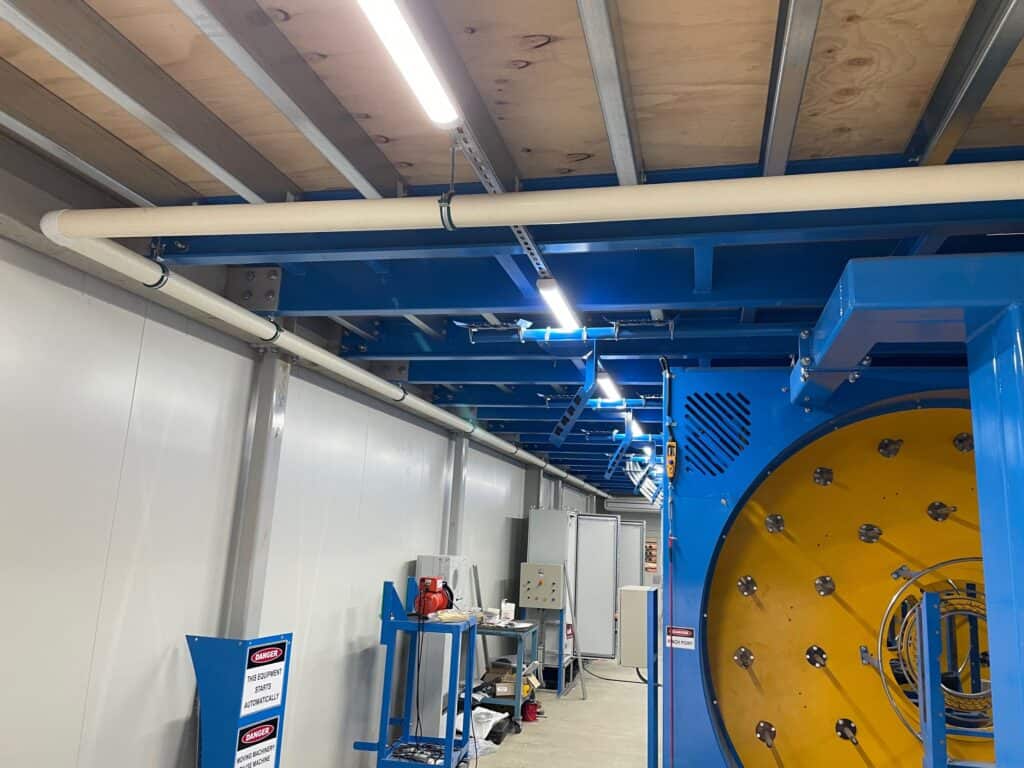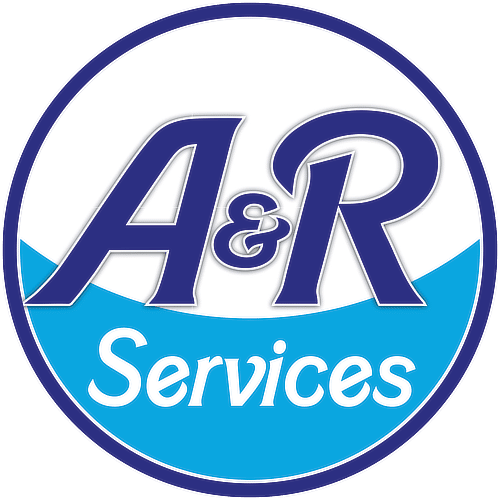INSTRUMENTATION / AUTOMATION
Instrumentation and automation are interconnected fields crucial for industrial efficiency and control, with instrumentation focusing on the design, measurement, and use of instruments to monitor and control process variables like temperature, pressure, and flow, while automation refers to the technologies that reduce human intervention by predetermining and embodying actions in machines. Together, they enable precise, efficient, and safe operation of systems across diverse industries, from manufacturing to energy.
Key Aspects of Instrumentation and Automation:
- Instrumentation:This encompasses the use of sensors, transmitters, and other measuring devices to gather data on physical quantities within a process. Instrumentation technicians often install, maintain, and calibrate these devices to ensure accurate measurements and enable automated control.
- Automation:This involves the implementation of control systems and devices to perform tasks with minimal human input, enhancing productivity and quality. Automation relies on pre-defined criteria and relationships to make decisions and execute actions.
- Integration:Instrumentation and automation are deeply integrated, with instrumentation providing the data that automation systems use to control processes. This integrated discipline often involves electrical, electronic, and computing engineering principles alongside control theory.
- Applications:The fields have widespread applications in various sectors, including manufacturing, energy, pharmaceuticals, and even everyday devices like thermostats and autopilots.
- Elements of Industrial Instrumentation:A typical industrial instrumentation system involves sensors and transmitters to gather data, a controller or control system to process and make decisions based on that data, and final control elements (actuators) to implement the control actions, such as control valves or variable speed drives.
- Education and Careers:Specializing in instrumentation and automation opens doors to roles such as Process Control Technicians, who monitor and adjust automated systems to optimize production. Educational programs often cover topics like data communication, control systems, and process control technologies.






